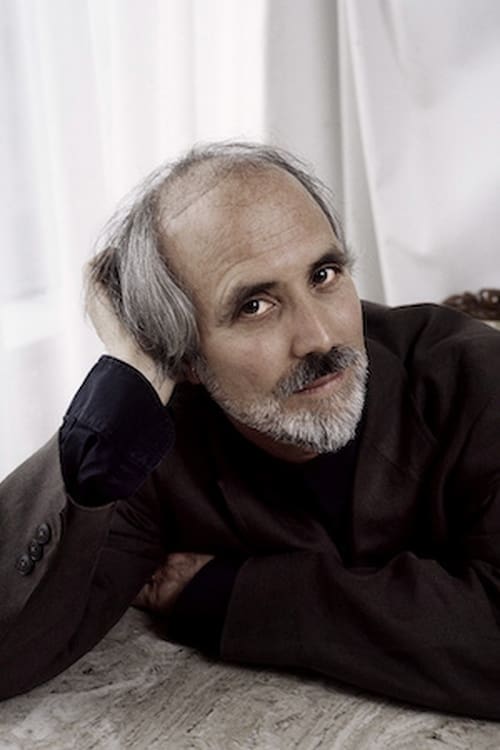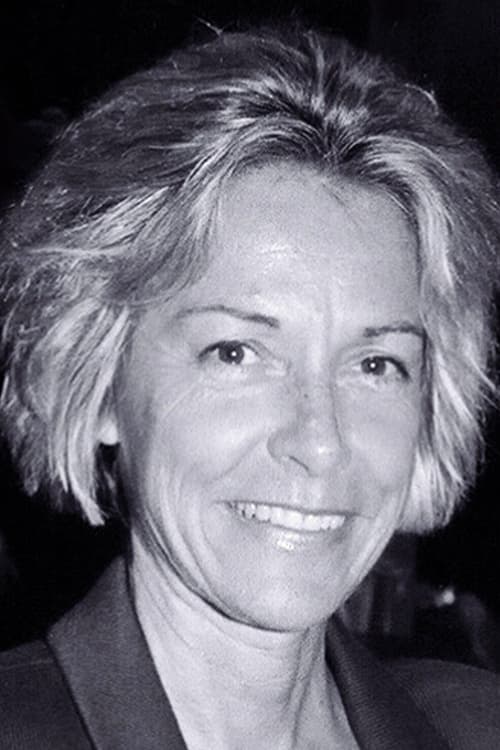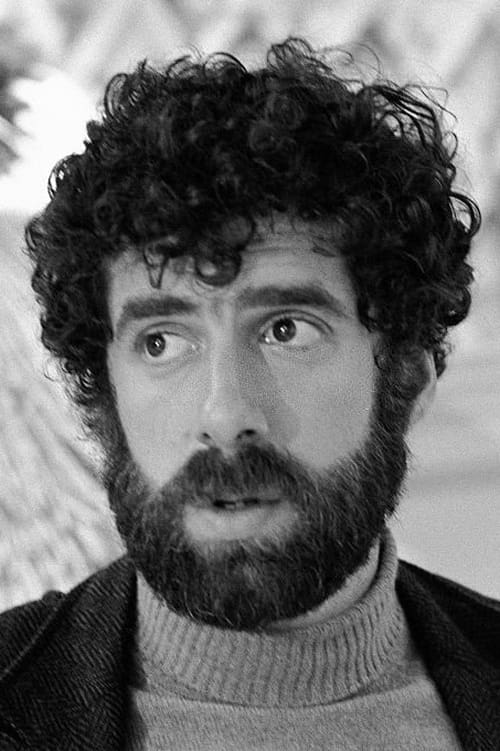Robert Altman: Giggle And Give In (1996)
Género : Película de TV, Documental
Tiempo de ejecución : 1H 0M
Director : Paul Joyce
Sinopsis
Paul Joyce’s documentary profile of Robert Altman, with contributions from Altman, Elliott Gould, Shelley Duvall, assistant director Alan Rudolph and screenwriter Joan Tewkesbury. Originally broadcast on July 17th 1996 in Channel Four’s Cinefile series.

This documentary is featured on the Limited Edition DVD for Opera, released in 2001.
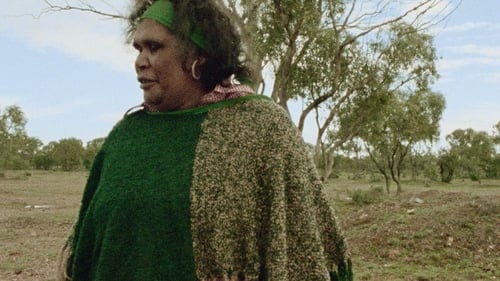
Essie Coffey gives the children lessons on Aboriginal culture. She speaks of the importance of teaching these kids about their traditions. Aboriginal kids are forgetting about their Aboriginal heritage because they are being taught white culture instead.

In a first K2 Visuals original documentary, K2 Visuals founder, Kenneth Irwin II, is lucky enough to sit down with Veteran, Frank Gann, and talk to him about his time in the military, the experiments he was involved with, and how one clerk at a VA cost him a whole lot.

An epic documentary of rise and fall of Ustasha regime in Croatia.

BET RAISE FOLD: The Story of Online Poker is a feature documentary that follows a new generation of Internet poker professionals during the meteoric rise and sudden crash of the multibillion dollar online poker industry of the 2000s.

In August 1903, the King of Portugal, D.Carlos I, proceeds to, by Royal Charter, the auction sale of the Fort St. Joseph - located in a small islet near the city of Funchal. In October 2000, the old fort is acquired by professor Renato Barros, without him even knowing that the Royal Charter documented not only the sale of the property but also the domain over the islet. Overnight, the professor becomes the Prince.

Director Victor Kossakovsky dedicated his documentary debut to the Russian philosopher and religious thinker Alexey Fedorovich Losev (1893-1988), who died shortly after the completion of the film.

This cinematic portrait shows the Austrian filmmaker Ulrich Seidl at work. The much-discussed ‘Seidl method’ is conveyed here vividly and directly: The camera watches over Seidl’s shoulder during the filming of his new production IM KELLER, and observes him at the rehearsals for his latest theatre production ‘Böse Buben / Fiese Männer’. The film paints the picture of a fascinating and exceptional artist using a combination of extensive interviews and excerpts from earlier works.

An introduction to the great film critic Raymond Durgnat's appreciation of the nature of cinema.

De todo el cine rodado en España desde 1896 a 1930 --periodo que supone la tercera parte de la historia de nuestra cinematografía-- apenas se conserva una décima parte. El resto son IMAGENES PERDIDAS. A lo largo de los años, el desinterés oficial, la desidia de la propia industria del cine, y el deterioro de los soportes de nitrato (cuyas reacciones químicas destruyen irreversiblemente la imagen) han causado la destrucción de la mayor parte del patrimonio de más de tres décadas de cine.

Documentary about the filming and production of the 1998 WWII film "Saving Private Ryan."

A fascinating hybrid of performance and video verité, The Continuing Story of Carel and Ferd introduces Carel and Ferd, a couple who allowed Ginsberg to produce an ongoing documentary record of the intimate moments of their relationship. Carel, a porn actress, and Ferd, a drug addict, invite the camera to participate in their wedding, their sex life, and their break-up. Produced before the landmark PBS documentary An American Family introduced television audiences to the live-in camera — and many decades before the ubiquity of reality television — this document raises questions about the relationship between subject and camera, privacy and manipulation. Originally presented as an installation, this one-hour version, which includes interviews with Carel, Ferd and Ginsberg, was distilled from thirty hours of footage recorded from 1970 to 1975. - Electronic Arts Intermix

This is as slick a piece of campaign film as ever came out of Hollywood -- barring, of course, the anti-Upton Sinclair stuff turned out as newsreels in the 1930s during his campaign for governor of California. President Coolidge is presented as a simple man of the people who helps his cousin with the haying when he is in the neighborhood, works in the building he was born in and lives in the same house his father was born in: just another fellow like you and me. He runs the nation just about as well as we could.

High in the mountains of Macedonia a team of young film makers are making a documentary about Katerina Vandeva - a descendant of an ancient and very famous family. Several former state and party functionaries interfere in the filmmaking in the hopes of manipulating Katerina's confessions for their own purposes. Nikola, the director, and his friends have to make the choice - whether to compromise with their consciences and their art, (as normally happens here in the Balkans), or whether to preserve Katerina's message.

On July 4th, 1946, the crowd in Kielce, Poland, slaughtered forty-two Jews and wounded many others. Forty years later, in 1987, Marcel Łoziński visited those places and met some witnesses of the carnage.

Story of a director Stanley Donen, king of Hollywood musicals and man behind such classics as "Singin' in the Rain".

Walt Disney explains some of the techniques of animation, and includes for the first time the pencil test footage of the "Soup Eating Sequence" from Snow White and the Seven Dwarfs. Walt references a book called "The Art of Animation" which shows a technique that is used in animated cartoons that dates back to the ancient Egyptians and Greeks.

Hacedores de películas aptas para ningún tipo de público, los Gorevision son, en rigor, los mejores humanos sobre la faz de la Tierra. Se trata de una productora nacida para la leyenda: son cinco amigos que rodaron casi veinte películas; las más indignantes del cine nacional. Filman sin presupuesto y manejan un sistema de producción personal. Por caso, este documental es el ejercicio experimental donde un productor les da un presupuesto mayor que nulo para que filmen lo que se les antoje.
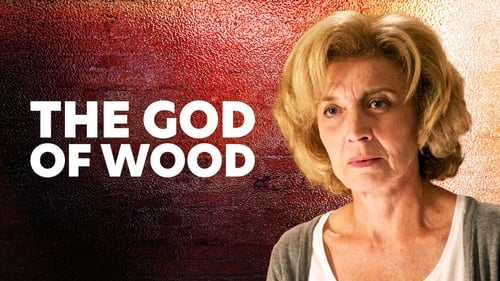
2006: Evo Morales, first indigenous President is elected in Bolivia after the 2003 dramatic events following the fall of the President Sanchez de Lozada (exiled in the U.S. since then). The socialist revolution enters in its crucial stage. But dealing with power carries a burden of temptations and pathologies. In four years of shooting between Bolivia and the US this film focus on the difficult path of this unique historical opportunity. The film ends with the recent TIPNIS dramatic indigenous protest which creates an historical circle.



